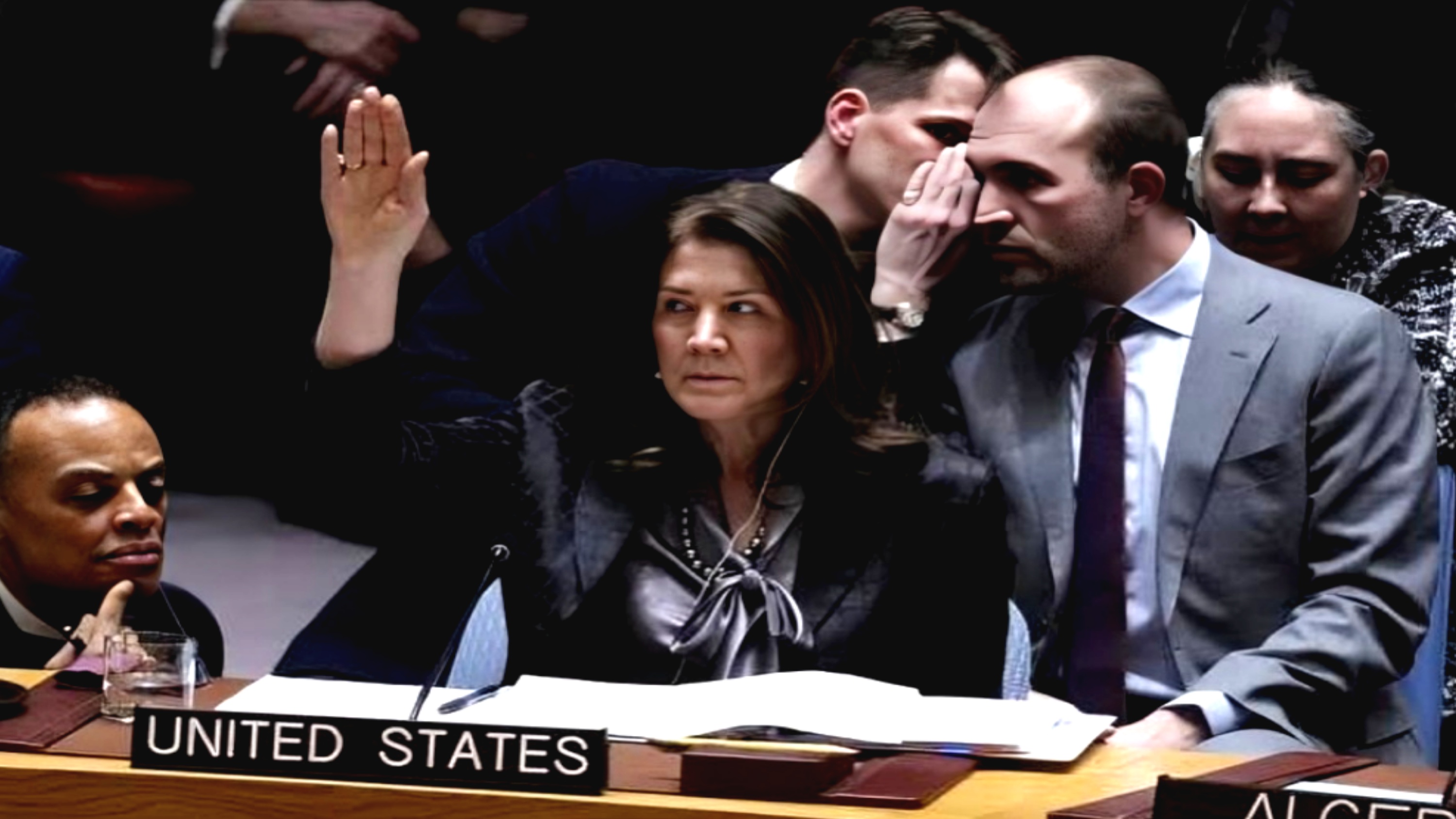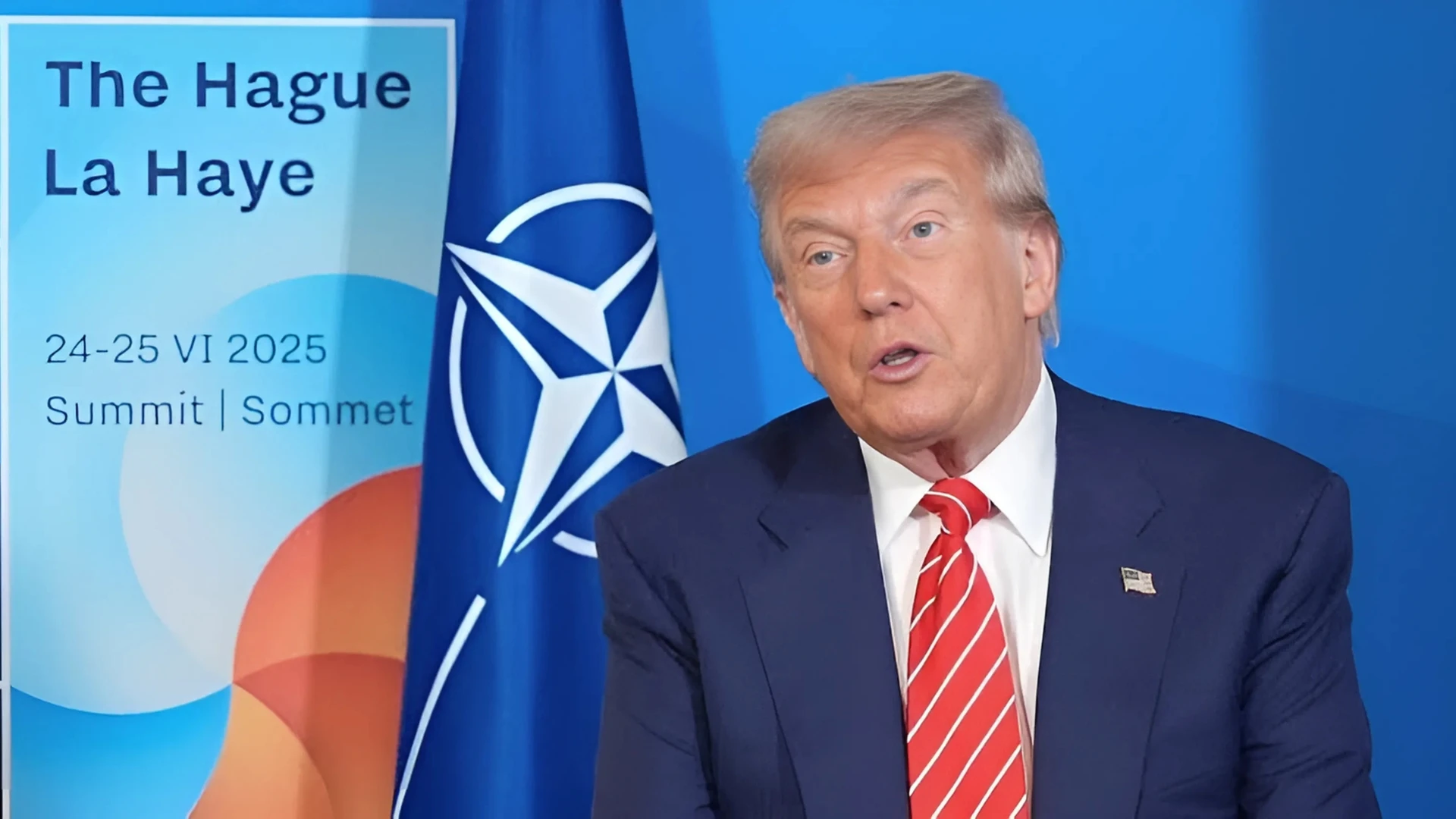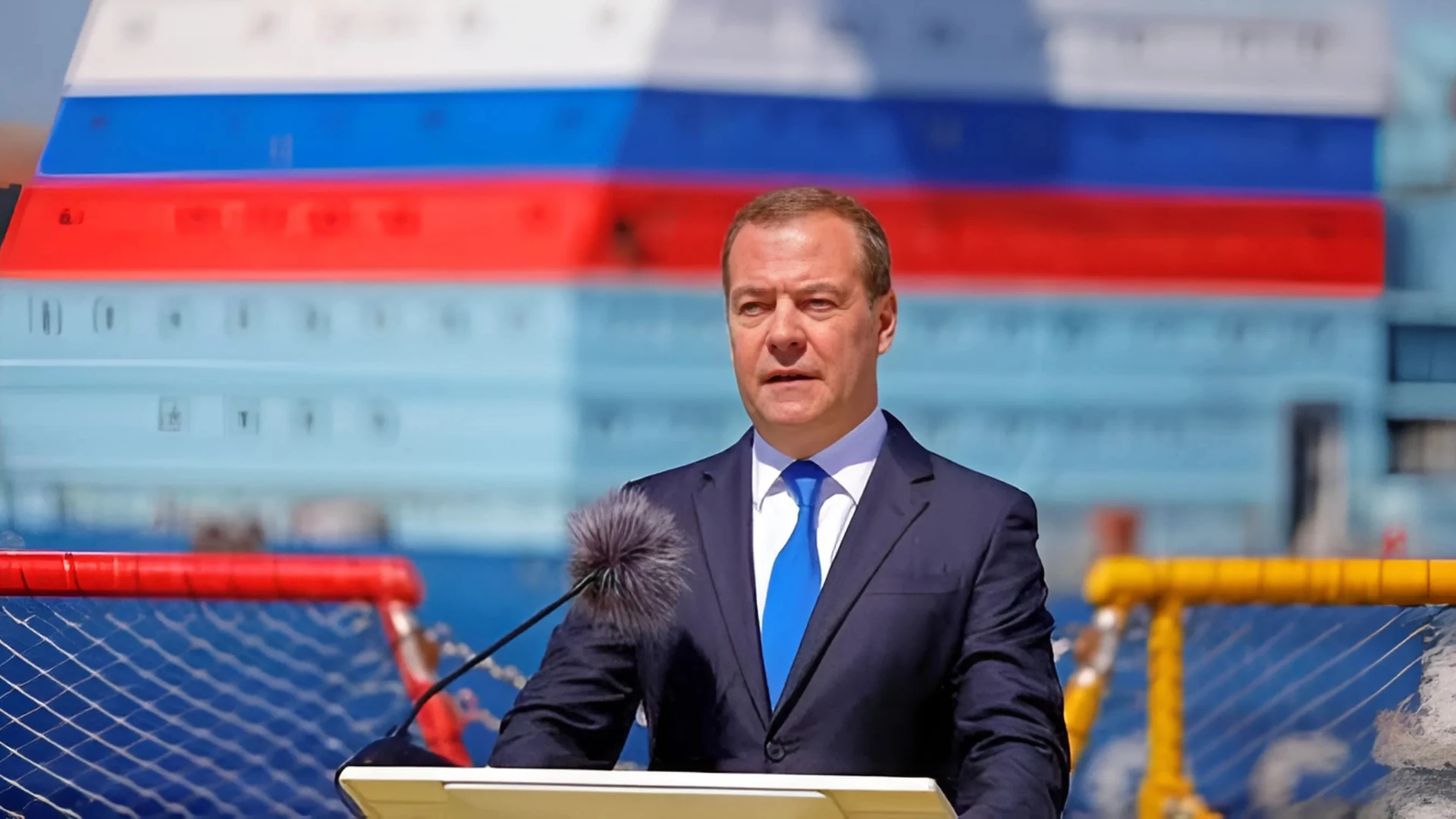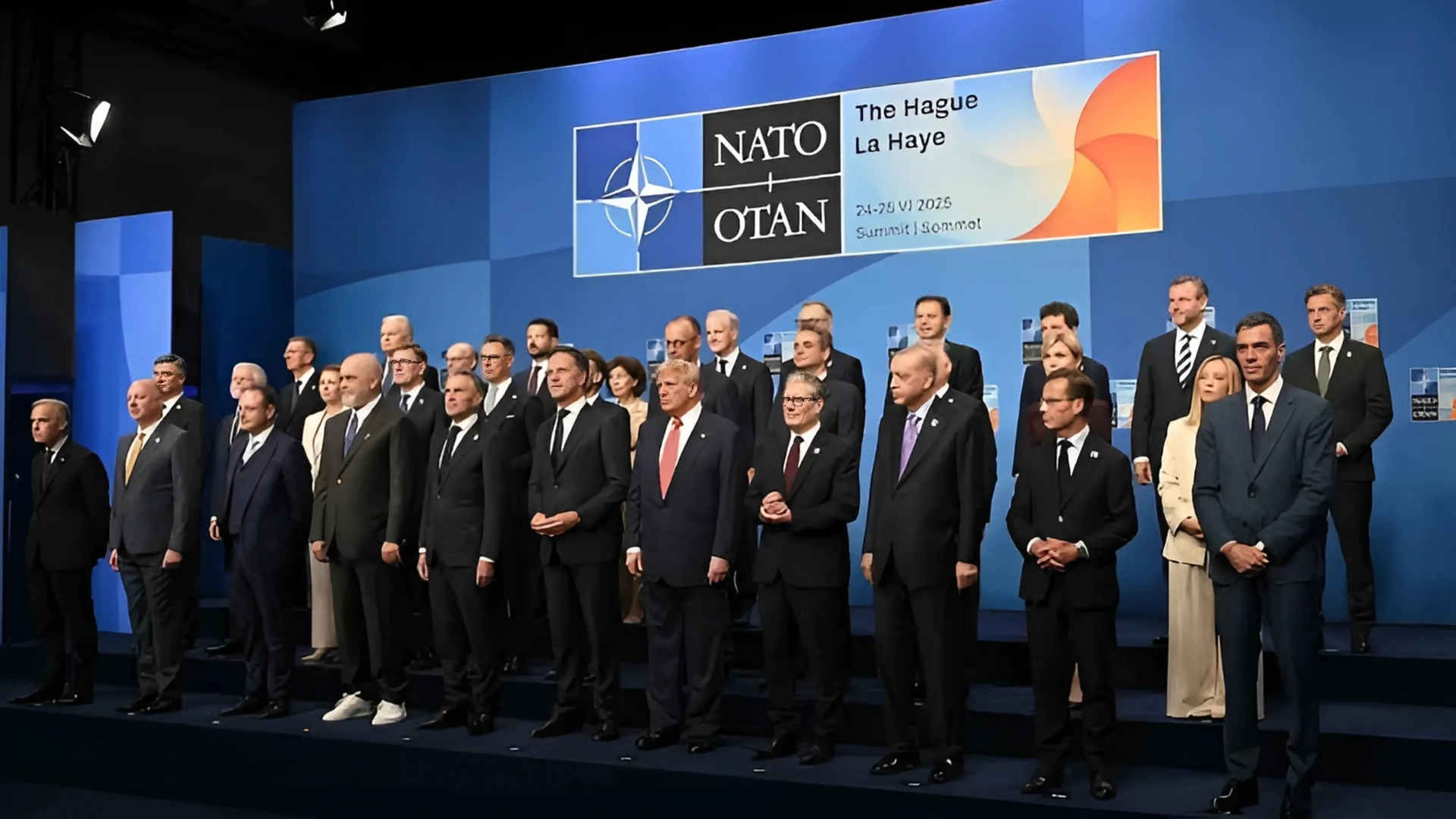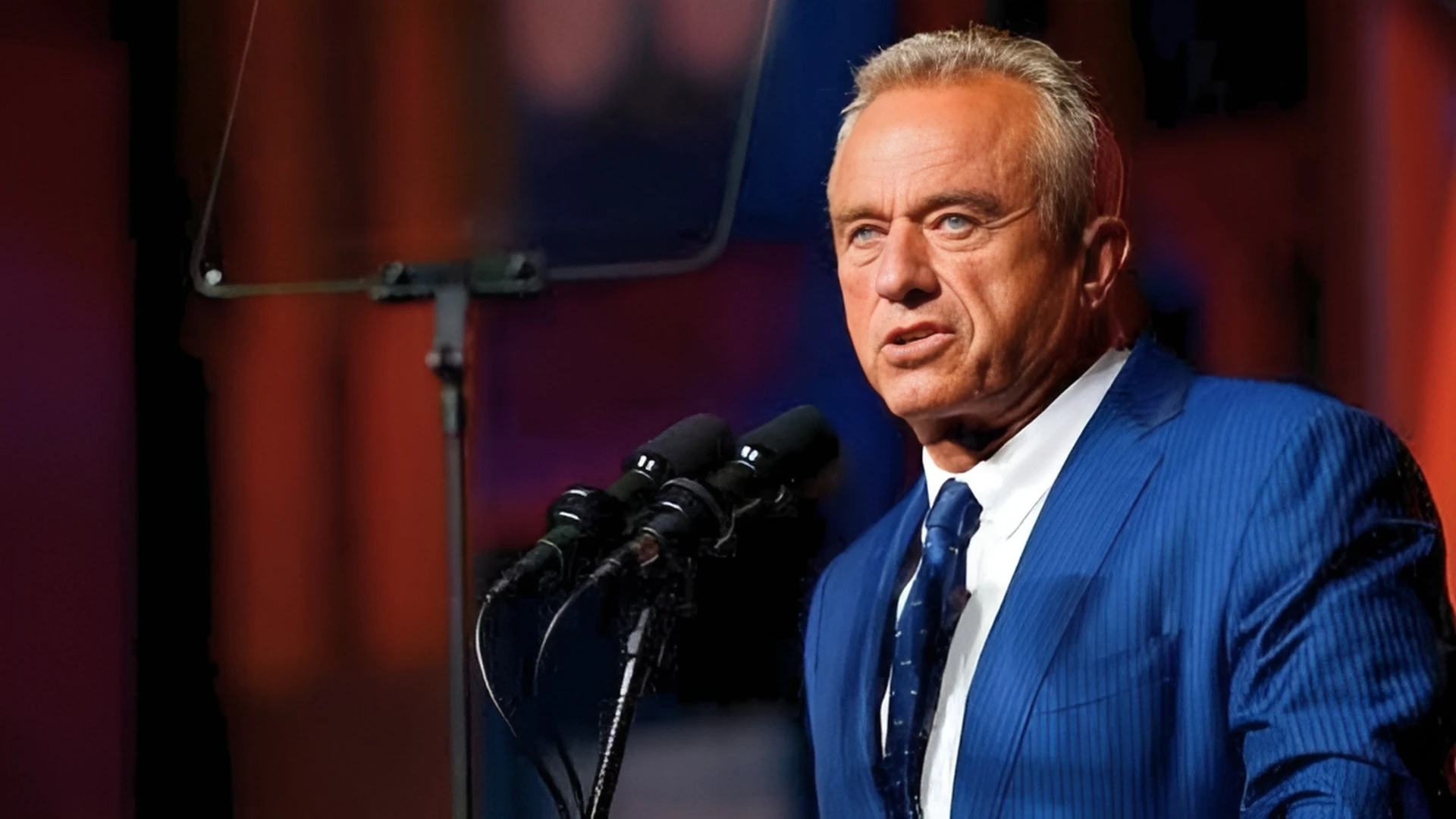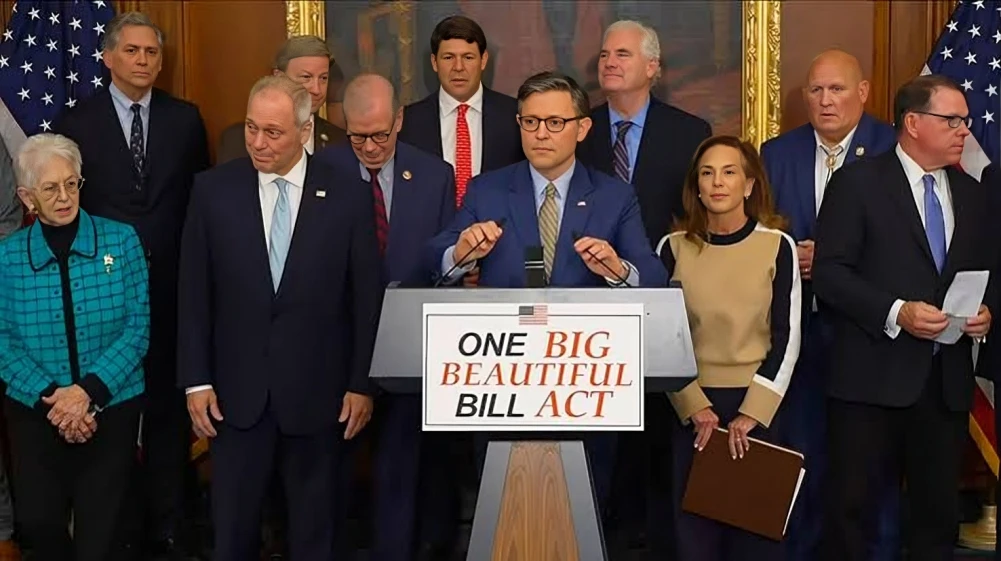New York: In a surprising turn of events marking three years of the Ukraine-Russia war, the United States sided with Russia twice during United Nations General Assembly and Security Council sessions — a rare departure from its traditional alignment with European allies.
On Monday, the UN General Assembly and Security Council voted on two separate resolutions regarding the war in Ukraine. The first, proposed jointly by Ukraine and the European Union, called for the immediate withdrawal of Russian troops from Ukraine and reaffirmed Ukraine’s territorial integrity. Despite strong opposition from the United States, this European-backed resolution was passed by a majority vote in the General Assembly.
Later, the UN Security Council voted on a separate U.S.-proposed resolution. Unlike the European-backed motion, the U.S. resolution avoided directly condemning Russia or labeling it an aggressor. Instead, it expressed regret over casualties on both sides and called for an immediate end to hostilities and lasting peace between Ukraine and Russia, emphasizing the UN’s role in promoting global peace and conflict resolution.
All European amendments aimed at strengthening the resolution’s criticism of Russia were vetoed, primarily by Russia itself. In the end, the Security Council adopted the U.S. resolution without the European amendments, marking a rare instance where Washington broke ranks with its European allies.
The U.S. resolution passed with support from ten countries, including Russia, China, and Pakistan. Notably, two key U.S. allies — France and the United Kingdom — boycotted the vote after their proposed amendments were rejected.
These developments come amid high-level diplomatic efforts to address transatlantic rifts over Ukraine. French President Emmanuel Macron recently met with President Trump in the U.S. in an attempt to bridge differences on Ukraine policy. Later this week, UK Prime Minister Sir Keir Starmer is also scheduled to meet with President Trump.
The United Nations sessions underscored the widening gap between the U.S. and its European partners, raising questions about Washington’s long-standing security commitments to Europe. This divergence reflects broader uncertainties about the future of U.S.-Europe relations under Trump’s second term.
Meanwhile, Ukraine’s Deputy Foreign Minister, Mariana Betsa, criticized the Security Council’s outcome, stressing the importance of holding Russia accountable. "We must ensure that aggression is condemned, not rewarded," she said.


